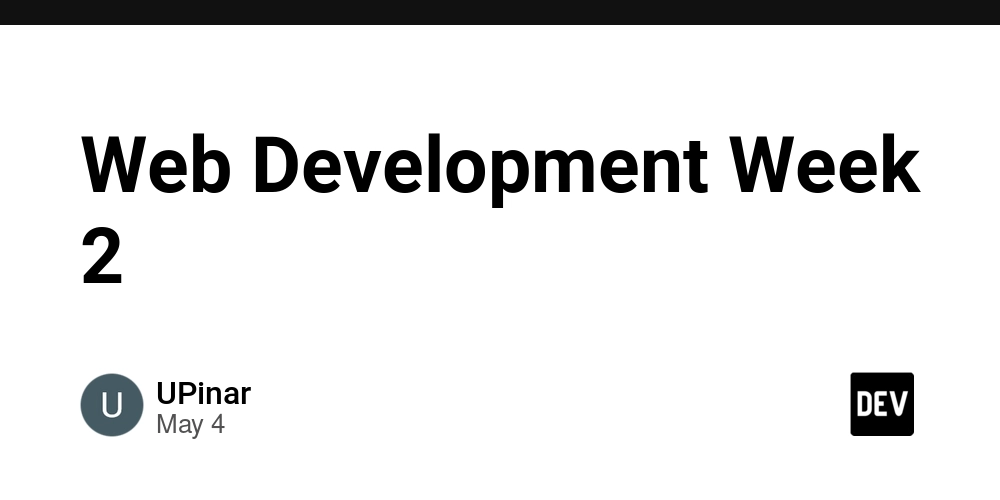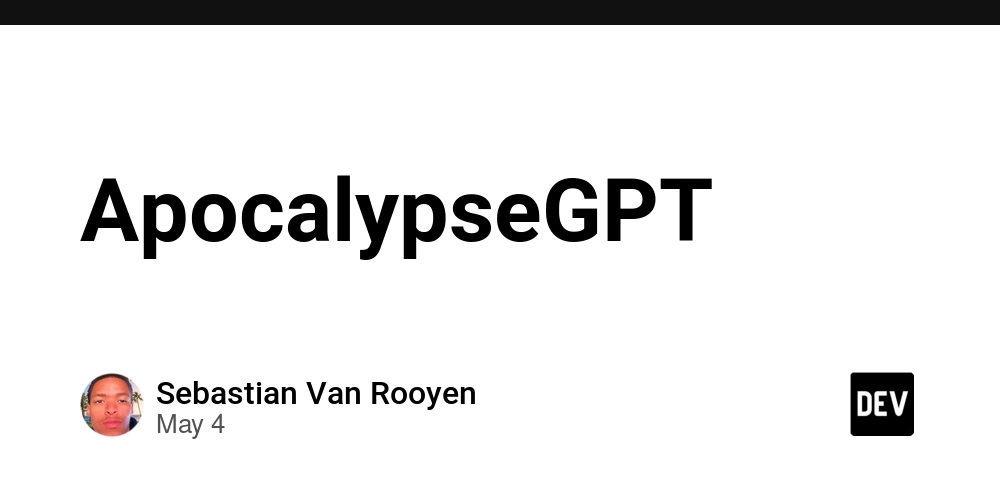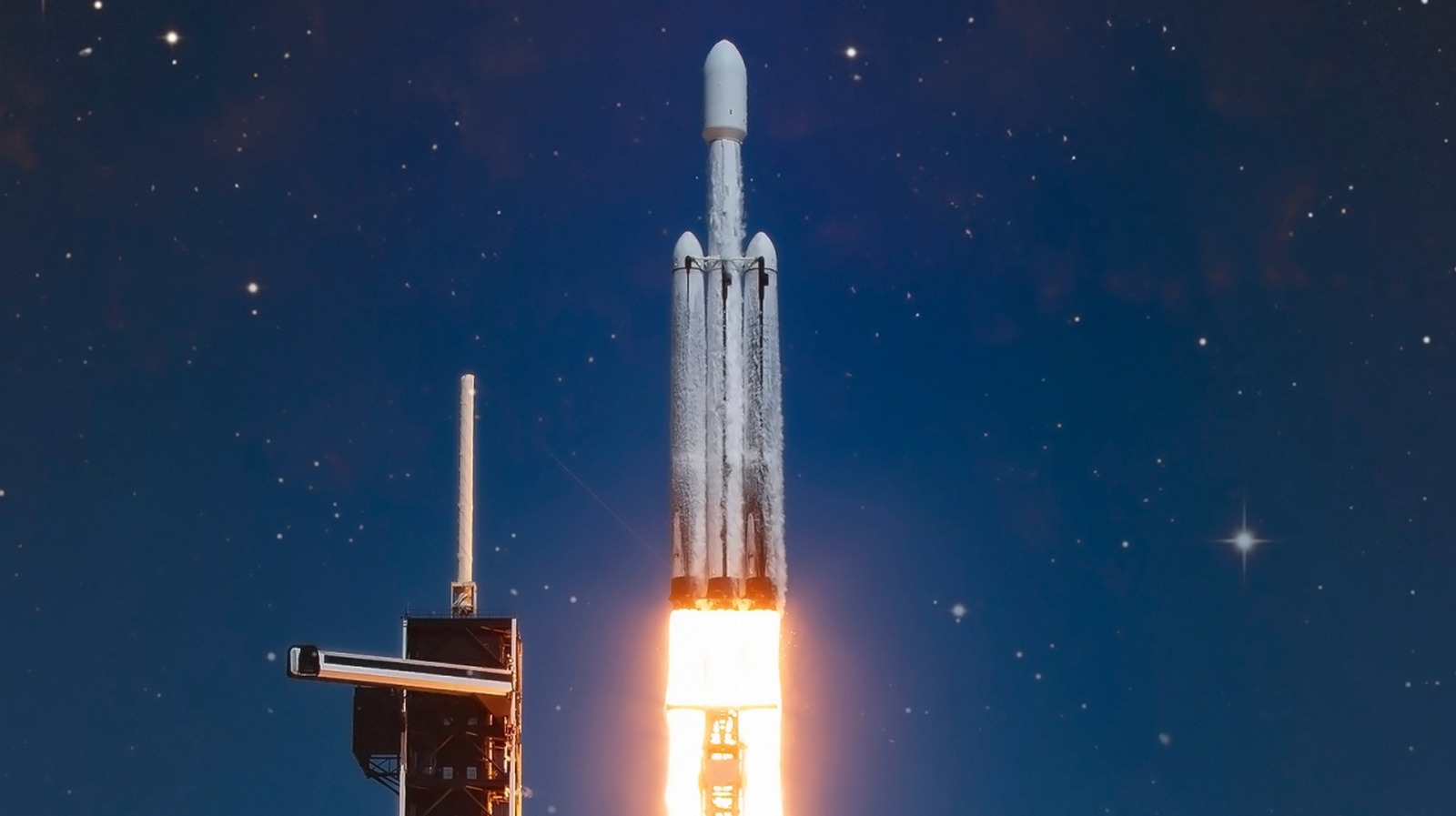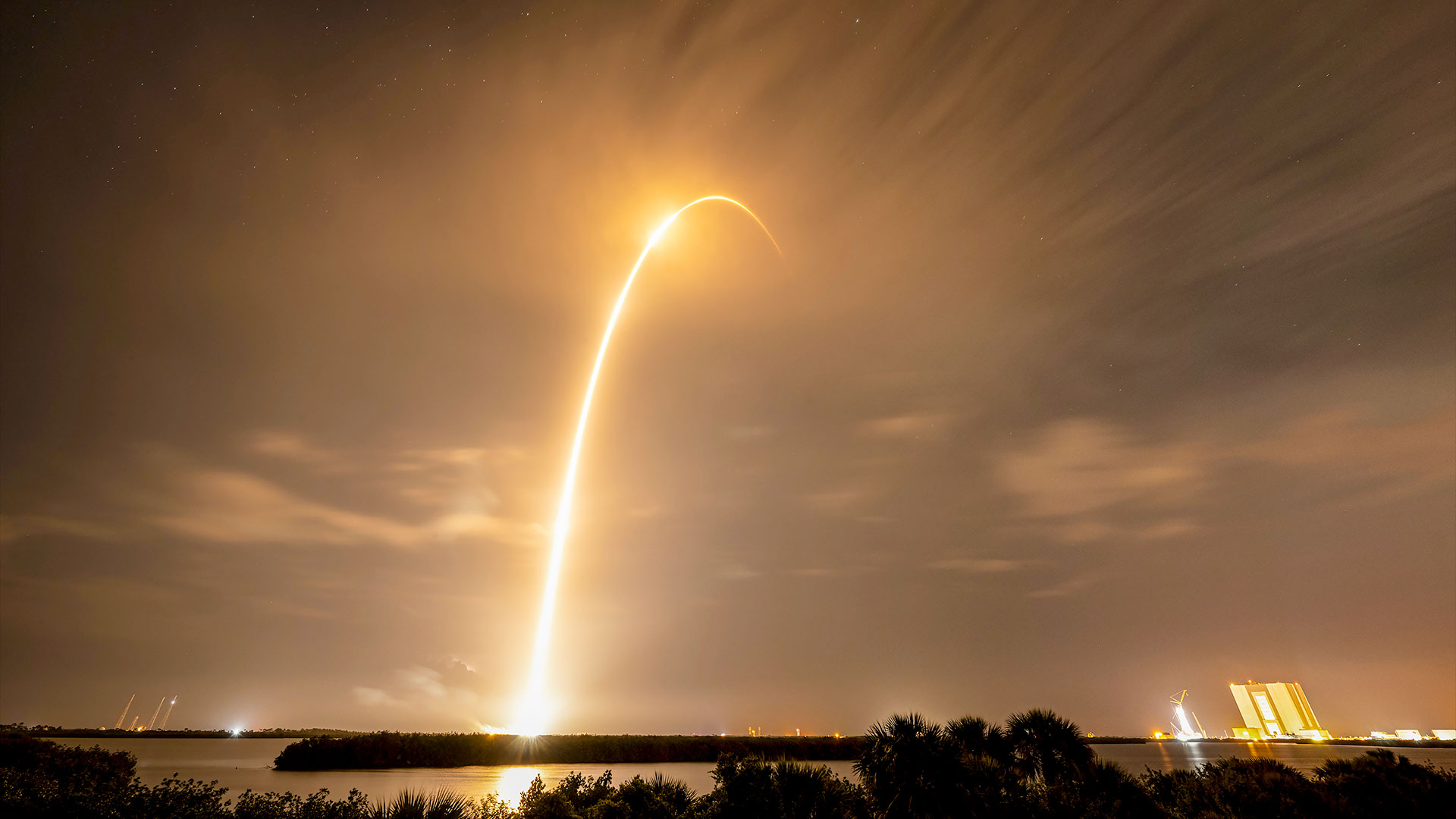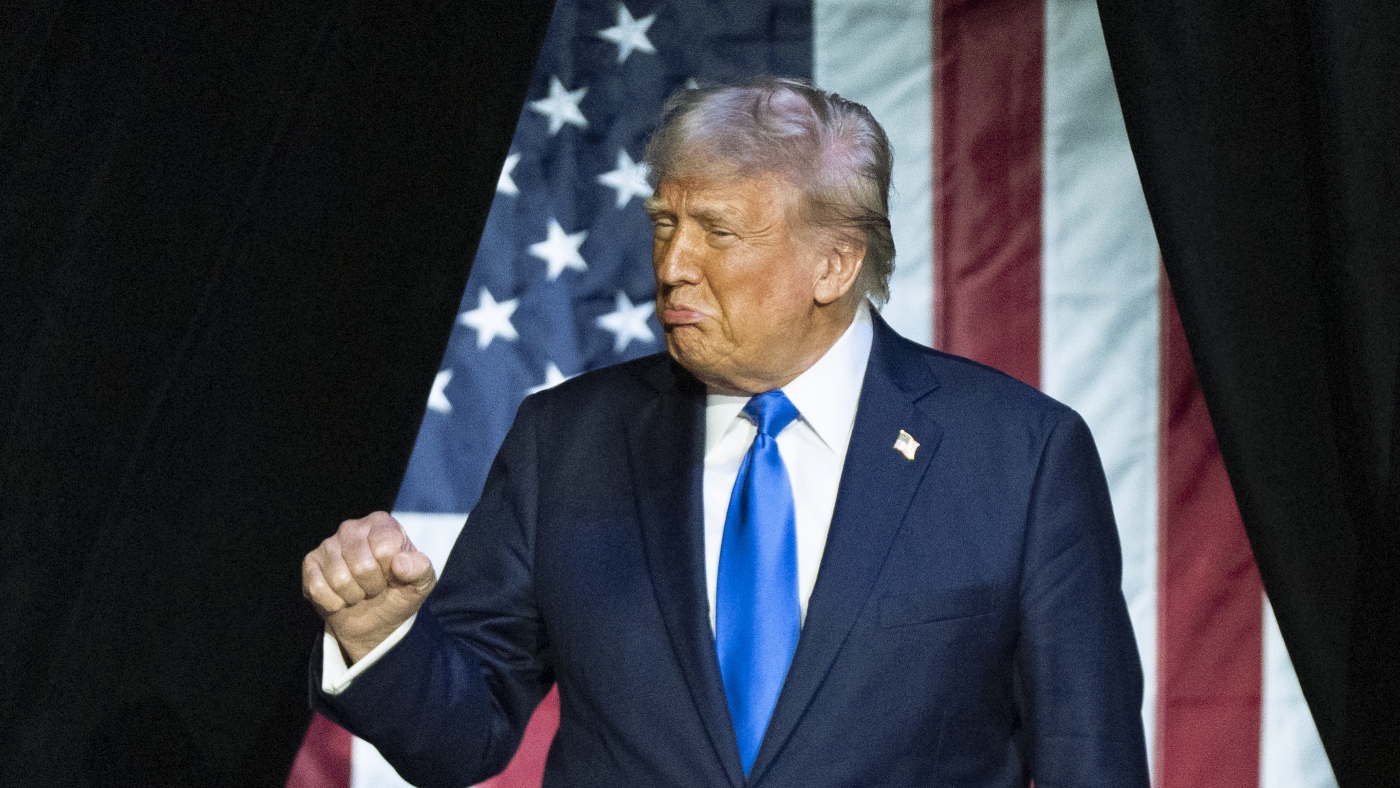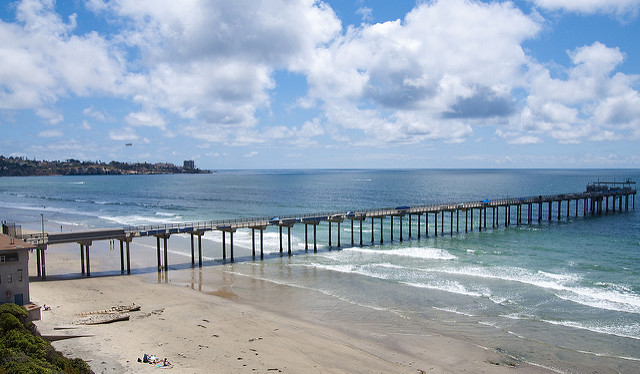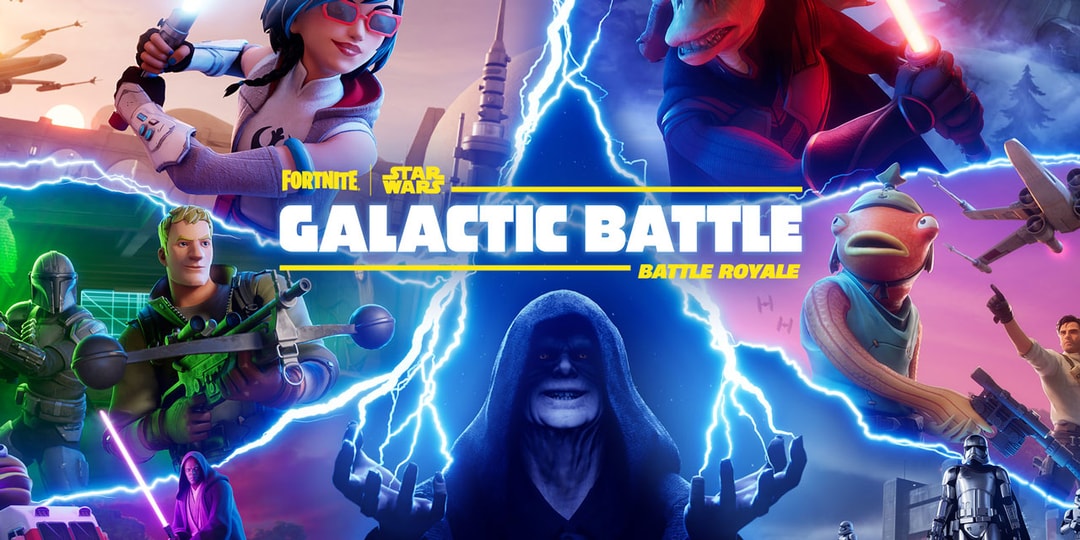The Cost of Arrogance: NPR's undoing is a cautionary tale for the media
President Trump has signed an executive order to restrict public funds to NPR and PBS. It is a moment for media self-reflection.

This week, President Trump signed an executive order that seeks to restrict public funds to NPR and PBS. Since appropriations are made two years in advance, the immediate impact of the order is debatable. However, it is a moment the media should use for long-overdue self-reflection.
I have been critical of some of the administration's attacks on the media, from barring the Associated Press from some White House events to lifting protections of the media from subpoenas regarding their sources. However, if these objections are going to have any legitimacy, the media must take a serious look at what it has become.
This coming week, I have the honor of giving the keynote address for the Center for Integrity in News Reporting at the Library of Congress. For many of us who have been part of the media for decades, these are precarious times for the American press. The damage done to the press in the last decade would have been unimaginable when I started. The most chilling fact is that it is almost entirely self-inflicted.
The state of American media was captured recently when the president of the White House Correspondents' Association (and MSNBC correspondent) Eugene Daniels declared, "We are not the opposition." Given the controversy that had occurred over the association originally booking a vehemently anti-Trump comedian for the dinner, it seemed more like a punchline than a plausible claim.
As if to bring that comedic point home the next day, the New York Times published its collection of essays titled, "A Road Map of Trump’s Lawless Presidency." A recent study showed that media coverage of the Trump Administration has been 92 percent negative.
The undoing of American journalism began in "J-schools," where young reporters were taught that the touchstones of neutrality and objectivity were no longer viable. At schools like the University of Texas, students are told that it is time to "leave neutrality behind." Stanford journalism professor, Ted Glasser, has insisted that “journalists need to be overt and candid advocates for social justice, and it’s hard to do that under the constraints of objectivity.”
Editors soon picked up on the change and declared that “Objectivity has got to go” in hiring reporters committed to what I have called "advocacy journalism."
The result has been a transformation of American journalism into a type of echo chamber that amplifies liberal and often partisan Democratic talking points. That includes framing the news in overtly biased ways — for example, describing rioting as “fiery but mostly peaceful.”
The public were treated as clay to be shaped by an enlightened media in what they would see and hear. It was insulting and alienating.
Recently, Trump noticed a wounded veteran with a Let's Go Brandon! sticker and President Donald Trump jokingly asked "who is that?" That was a far more profound question than he may have intended.
“Let’s Go Brandon!” became a familiar political battle cry not just against former President Joe Biden but also against the mainstream media. It was first heard during an Oct. 2021 interview with race-car driver Brandon Brown after winning his first NASCAR Xfinity Series race. When NBC reporter Kelli Stavast’s questions were drowned out by loud and clear chants of “F--- Joe Biden,” the reporter quickly and inexplicably declared, “You can hear the chants from the crowd, ‘Let’s go, Brandon!’”
“Let’s Go Brandon!” instantly became a type of “Yankee Doodling” of the political and media establishment.
The response of the public itself has been deafening. Readers and viewers have left mainstream media in an exodus. Despite falling revenues and ratings, most of the media seems entirely clueless or, at least, unyielding. Even as media outlets plummet in revenue, editors and reporters continue to saw at the branch upon which they are sitting.
When Washington Post owner Jeff Bezos brought in Robert Lewis, a British media executive, to try to restore profitability and readership to the paper, he was met with a virtual mutiny. Lewis nevertheless dropped this truth bomb in the middle of the newsroom: “We are going to turn this thing around, but let’s not sugarcoat it. It needs turning around. We are losing large amounts of money. Your audience has halved in recent years. People are not reading your stuff. Right. I can’t sugarcoat it anymore.”
It did not matter. The Post has been writing primarily for itself and a minority of the population for years. The staff seemed shocked that Bezos actually wanted for the paper to sustain itself rather than treat it as a liberal billionaire's vanity project.
That brings us back to NPR. Some of us have objected for years to the government subsidizing one radio outlet. It only made it worse that NPR was overwhelmingly Democratic in both its staff and its coverage. For years, NPR ignored complaints over its bias. It had a lock on federal funding to subsidize operations, even though its audience was shrinking.
One editor finally had enough. Uri Berliner went public, pointing out that NPR’s Washington headquarters has 87 registered Democrats among its editors and zero Republicans. NPR and its CEO, Katherine Maher, were dismissive and frankly arrogant. They attacked Berliner, who ultimately resigned in disgust.
Maher recently had a disastrous appearance before Congress in which she attempted to walk back her own biased public statements against Republicans and Trump.
Some of us oppose NPR's funding as a form of state-sponsored media — a fundamental contradiction with principles of freedom of speech and the press. However, this is a moment the rest of the media should not let pass.
NPR was ultimately undermined by its own arrogance. Editors and journalists did not have to worry about the fact that its shrinking audience was overwhelmingly white, liberal and affluent. Due to its support in Congress, it could make the vast majority of the country, which does not listen to its programming, help pay for its programming.
It will now have to choose between sustaining its bias or expanding its audience. It certainly has every right to be a left-leaning outlet (as do right-leaning outlets), but it has to sustain itself in the marketplace. It is the same question that other media outlets must face as more Americans turn to new media. With polls showing the press at record lows in trust, media companies are increasingly writing for each other rather than most of the public.
The choice now rests with the media and, more importantly, the public. American journalism will either re-embrace greater neutrality or continue toward insolvency and irrelevancy.
Jonathan Turley is the Shapiro professor of public interest law at George Washington University and the author of “The Indispensable Right: Free Speech in an Age of Rage.”










